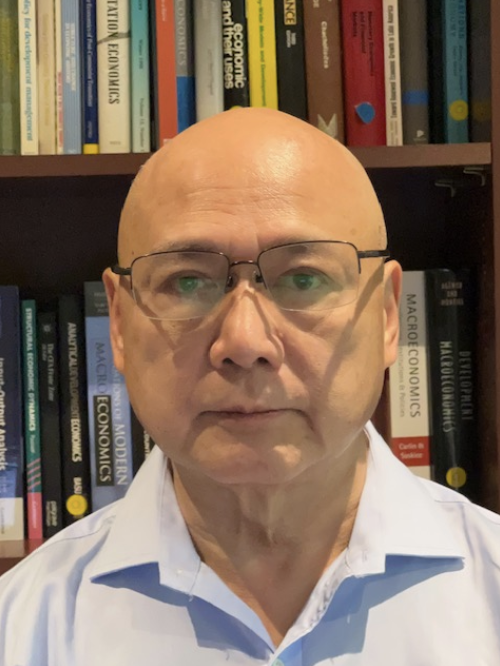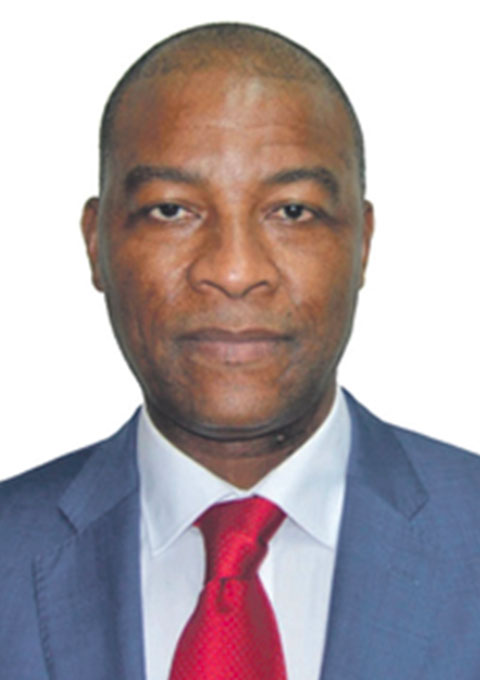The Policy Center for the New South is pleased to organize an online parallel event in the framework of the Annual Interdisciplinary Sovereign Debt Conference, organized by the Graduate Institute of Geneva, the European University Institute and the GeorgeTown University. The objective of DebtCon4 is to discuss state-of-the-art interdisciplinary research on sovereign debt and related policy issues, and to foster interaction among academics, senior policymakers, supervisors, industry representatives and other practitioners. The conference will include both high-level roundtables, where practice, policy and research will meet, and parallel sessions, where research papers will be presented. This parallel event will be comprised of two sessions.
The first session will be organized on Wednesday, May 11, 2022 at 3:00 pm GMT+1 and will feature the following paper presentations: Preventing and Managing Debt Crises: The Role of Debt Transparency Rym Ayadi, Founder and Scientific Director, Euro-Mediterranean Economists Association COVID-19 and Debt Sustainability Issues for Developing Countries Hinh Dinh, Senior Fellow, Policy Center for the New South Debt Forgiveness in the time of COVID-19 Sayantan Ghosal, Professor of Economics, Adam Smith Business School Dania Thomas, Lecturer in Business Law, Adam Smith Business School.
The second session of this parallel event, titled “Towards an African Financial Stability Mechanism”, will be organized on Wednesday, May 11, 2022 at 4:30 pm GMT+1.

















